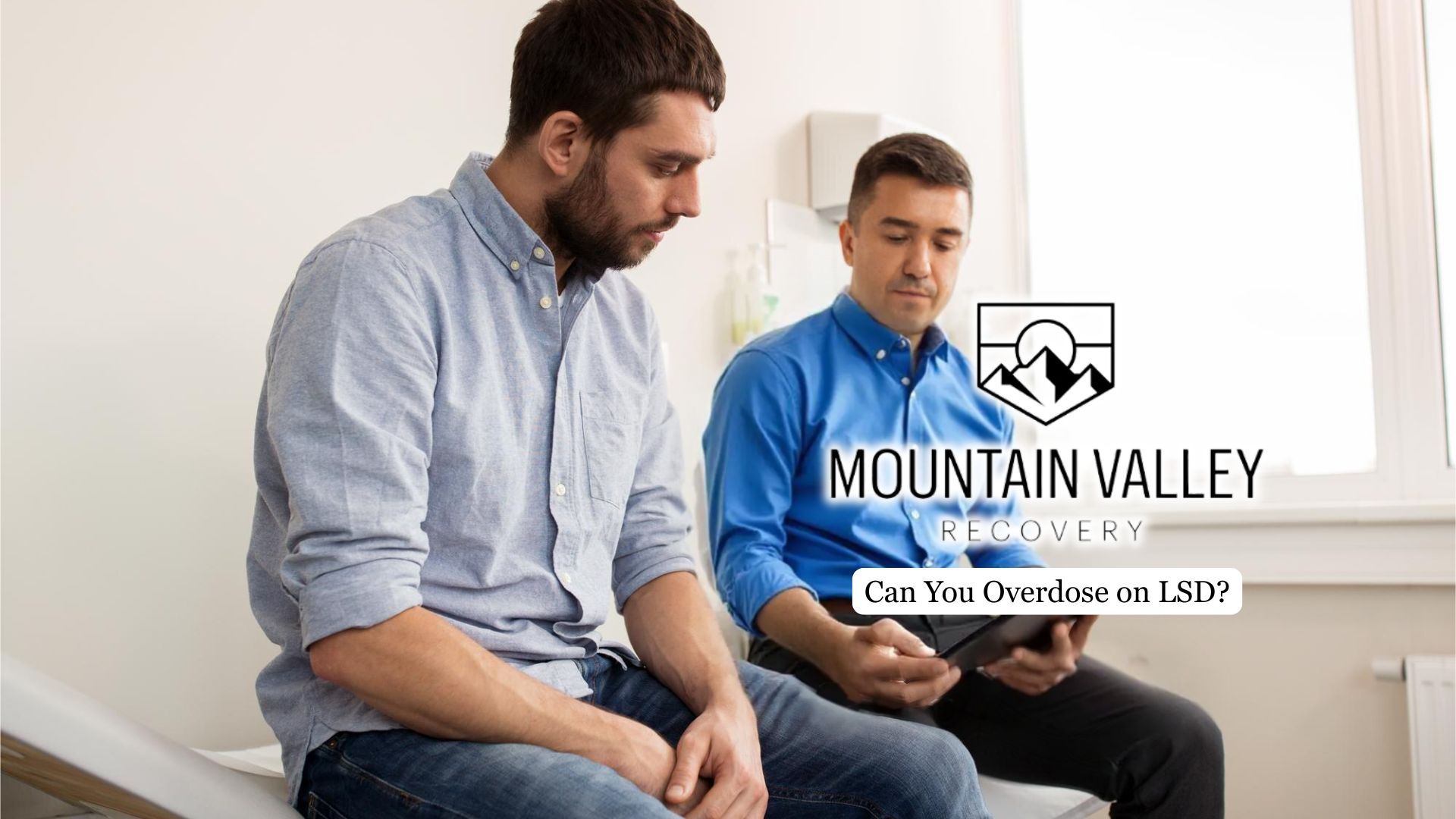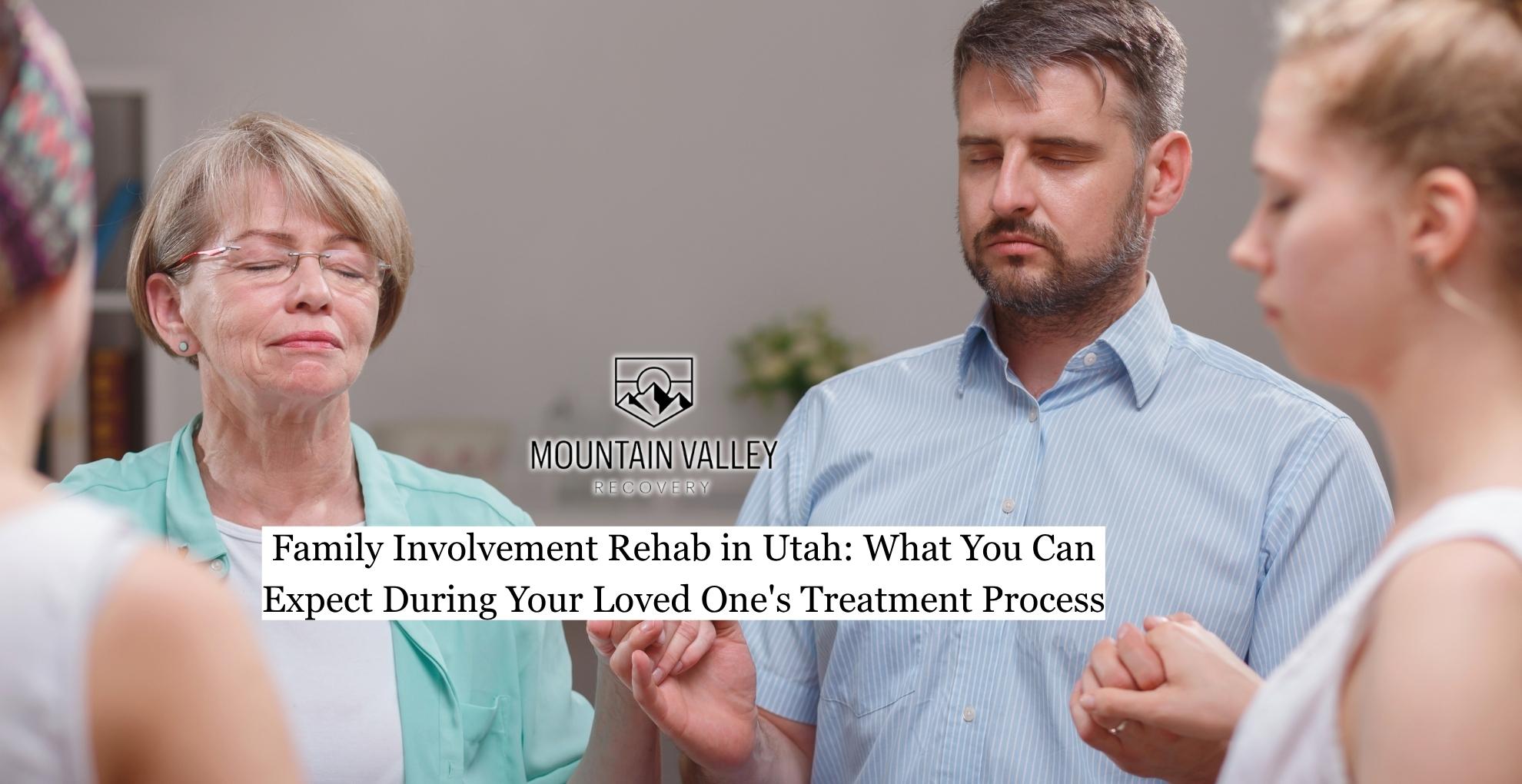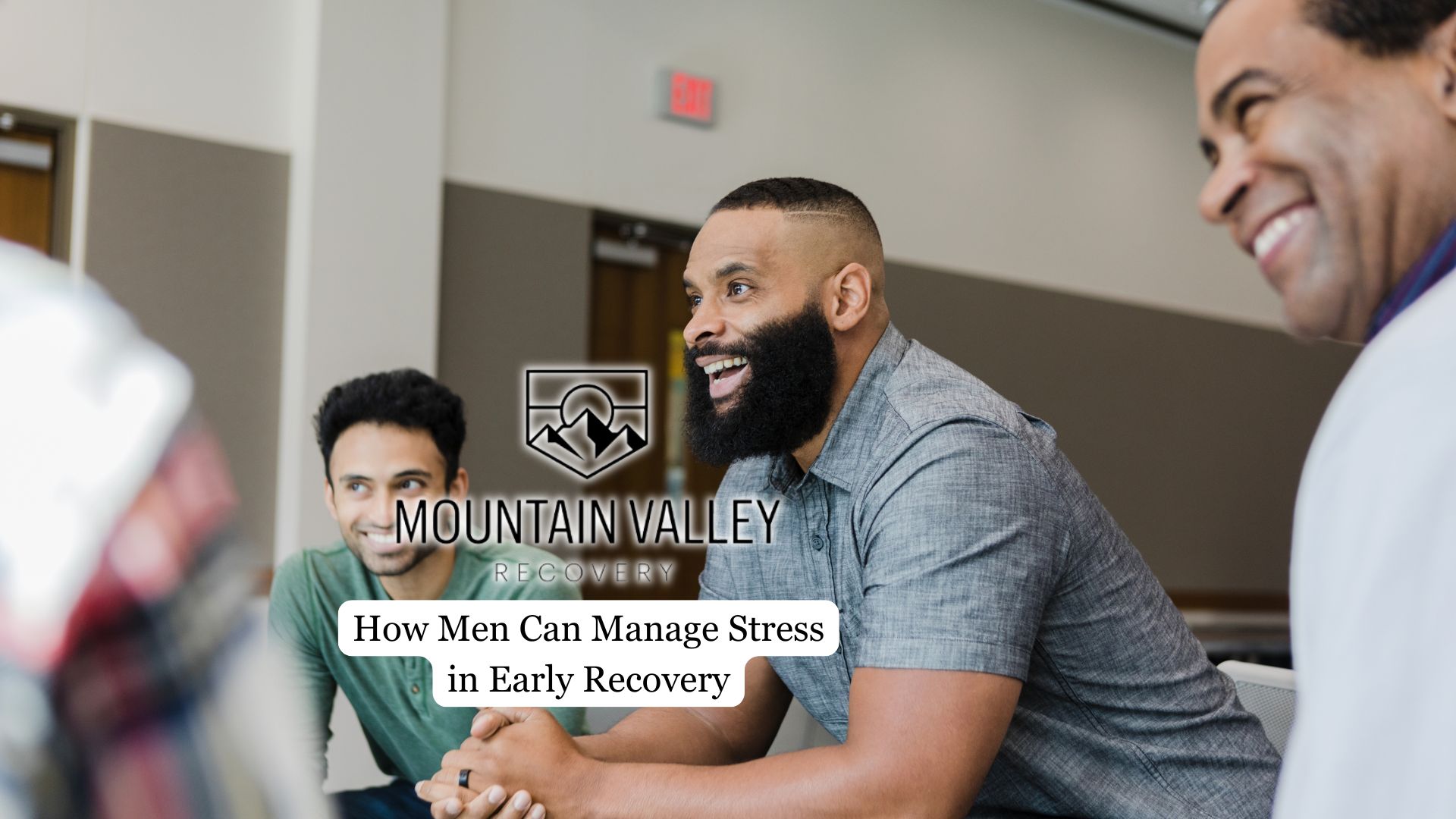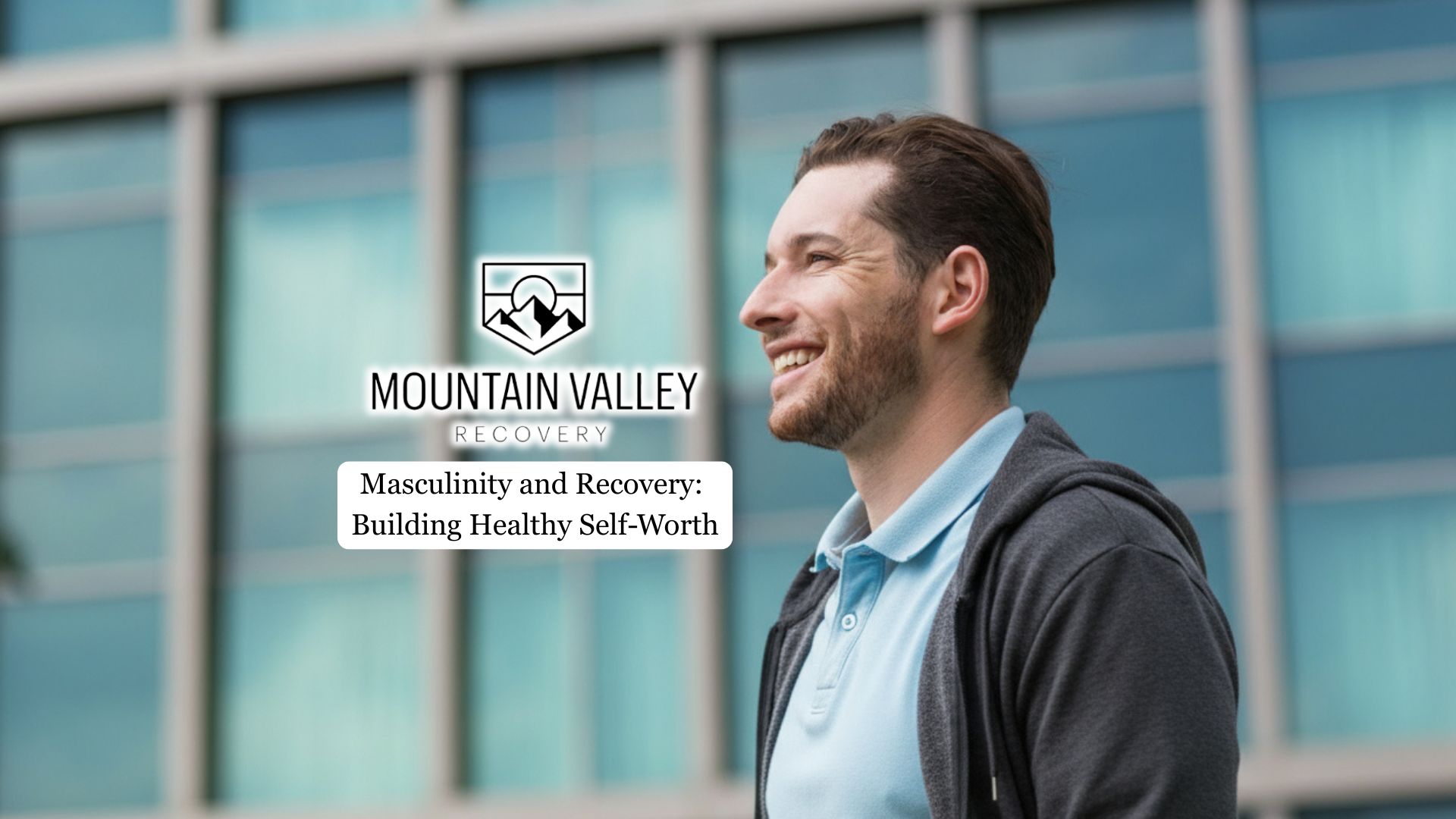While stories of people “overdosing” on LSD (lysergic acid diethylamide) are common, the reality behind this powerful psychedelic drug is more complex. LSD doesn’t cause fatal overdoses in the traditional sense, but high doses can lead to intense and overwhelming experiences.
This article will explore the facts and myths surrounding LSD overdose to help you better understand the potential dangers of LSD abuse and the importance of informed decision-making.
What is LSD?
LSD is a potent psychedelic substance categorized as a hallucinogen. It has significant effects on perception, mood, and consciousness, and commonly appears in the form of small squares of blotter paper, gelatin squares, or capsules, which are put under the tongue, allowing for quick absorption into the bloodstream.
If you or someone you love is struggling with the effects of LSD or ongoing substance use, don’t face it alone. At Mountain Valley Recovery’s LSD rehab program for men in Utah, we provide a safe, supportive environment where healing begins with compassion and expert care.
Is LSD Overdose a Myth?
While LSD can produce significant psychological effects even at standard doses, extremely high doses are sometimes described as resulting in an “overdose.” These effects can include intense visual and auditory hallucinations, distortions of time and space, and a loss of connection to reality, which may be terrifying for the user and confusing for those around them.
It’s essential to clarify the distinction between physical overdose, which involves toxic levels of a substance, and psychological overdose, often referred to as a “bad trip.” Due to the drug’s high safety margin, life-threatening or fatal physical overdoses from LSD are exceptionally rare.
However, this doesn’t make it harmless. An overwhelming psychological experience can trigger dangerous behavior, especially in individuals who also have underlying mental health issues.

How Much LSD Is Too Much?
The typical recreational dose of LSD ranges from 50 to 200 micrograms, with effects varying widely depending on individual sensitivity and environment. While there is no universally agreed-upon “lethal dose” for LSD, cases of extremely high consumption (in the milligram range) have resulted in severe psychological and physical reactions, but fatalities are exceedingly rare.
Overdosing on LSD usually refers to taking a dose high enough to cause overwhelming psychological effects, such as intense hallucinations, paranoia, or panic, rather than life-threatening toxicity. Most sources agree that even doses many times higher than the typical amount are unlikely to be fatal. Still, they can result in dangerous behavior, severe agitation, or the need for medical intervention.
Signs and Symptoms of LSD Overdose
Common signs and symptoms include:
- Intense visual and auditory hallucinations
- Severe anxiety, panic attacks, or paranoia
- Confusion, delusions, or psychosis
- Agitation, restlessness, or aggressive behavior
- Nausea and vomiting (rare, but possible at very high doses)
- Increased heart rate, high blood pressure, and sweating
- Impaired judgment, which can lead to risky or dangerous actions
In rare cases, extremely high doses can cause hyperthermia, seizures, or loss of consciousness. Most medical emergencies related to LSD overdose result from accidents or self-harm during a “bad trip” rather than direct toxic effects of the drug itself.
Long-Term Risks and Consequences
While LSD is not considered physically addictive, repeated use or very high doses can have lasting effects. Long-term risks and consequences include:
- Persistent psychosis: Rare, but possible in individuals with underlying mental health conditions
- Hallucinogen Persisting Perception Disorder (HPPD): Ongoing visual disturbances or “flashbacks” long after the drug has worn off
- Worsening of pre-existing mental health issues, such as anxiety, depression, or schizophrenia
- Impaired memory, concentration, or cognitive function with frequent use
- Social, legal, or occupational problems stemming from risky behaviors during intoxication
Support and professional treatment may be needed for those experiencing ongoing psychological effects or struggling with substance misuse.
It’s important to note, however, that LSD is classified as a Schedule I substance under the United States’ Controlled Substances Act. This means that “LSD has a high potential for abuse, has no currently accepted medical use in treatment, and a lack of accepted safety for use under medical supervision.”
Treatment for LSD Misuse
Because LSD toxicity does not have a specific antidote, management revolves around minimizing harm, alleviating distressing symptoms, and preventing injury to the individual or others.
According to SAMHSA guidelines, medical professionals may administer benzodiazepines to safely sedate patients and control severe psychological symptoms such as agitation or anxiety, without interfering with how the body processes LSD. If symptoms of psychosis, such as hallucinations or delusions, persist, antipsychotic medications like haloperidol may be used.
During the acute phase, patients experiencing LSD toxicity require close monitoring for several hours, typically 6 to 12 hours—until the drug’s effects subside. Vital signs, including heart rate, blood pressure, and respiratory status, are regularly checked to watch for complications. Most patients can be discharged once symptoms resolve, but those with ongoing altered mental status or medical complications may need to be admitted to a hospital for further observation and care.
Long-term treatment is essential for individuals with repeated LSD misuse or ongoing psychological distress, even though LSD does not cause physical withdrawal. Counseling and behavioral therapies, such as Cognitive Behavioral Therapy (CBT), motivational interviewing, and contingency management, are commonly used to address underlying issues and reduce the risk of relapse.
Depending on the severity of the case, patients may benefit from inpatient rehabilitation for intensive support or outpatient programs that allow them to maintain daily responsibilities.
Final Thoughts from Mountain Valley Recovery
If you or someone you love is struggling with the effects of LSD or ongoing substance use, Mountain Valley Recovery is here to help. We provide a safe, structured, and supportive environment where healing begins with compassion and expert care. Specializing in men’s recovery, our evidence-based programs include medically supervised detox, individual and group therapy, and long-term support to rebuild confidence and create lasting change.





